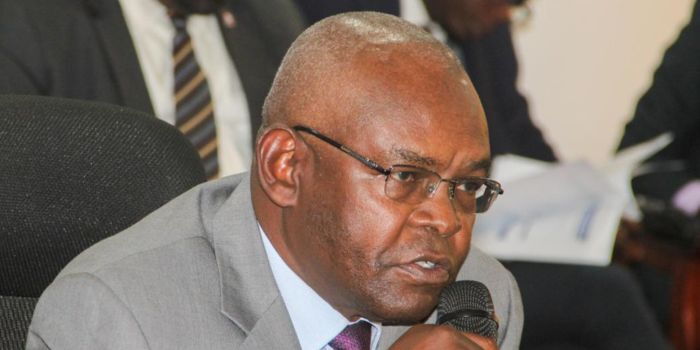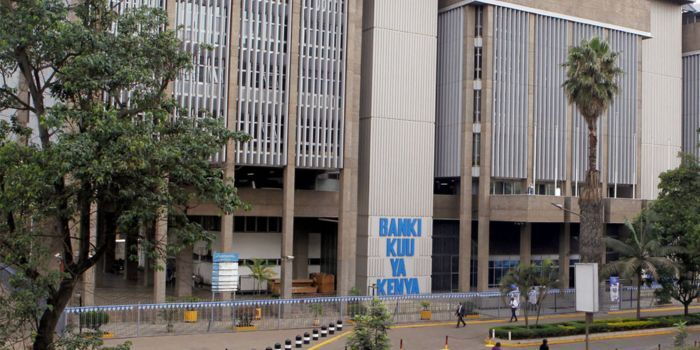The Central Bank of Kenya (CBK) has made a big decision that could change the way Kenyans borrow money. On Tuesday, the bank announced it was lowering its lending rate, known as the Central Bank Rate (CBR), from 9.75% to 9.50%.
This 0.25% cut may seem small, but it comes at a time when Kenyans are pushing for cheaper loans and more affordable mortgages. Since commercial banks use the CBR as a guide to set their own lending rates, the change could mean lower costs for borrowing.
The move comes as Kenya’s economy slowly recovers from last year’s nationwide protests, which hurt business activity and slowed growth. The CBK says the cut is part of its plan to support economic recovery while keeping prices stable.
“The Monetary Policy Committee (MPC) decided to lower the Central Bank Rate by 25 basis points to 9.50 per cent during its meeting held on August 12, 2025,” CBK said in a statement.
Governor Kamau and his team say the cut was possible because inflation, the rate at which prices go up, is expected to stay below 5%. This is helped by lower food prices, stable energy costs, and a steady exchange rate for the Kenyan shilling.
Kenya’s economic growth is also showing signs of improvement. The country recorded 4.9% growth in the first quarter of 2025, up from last year’s figures. CBK projects that the growth rate will rise to 5.2% this year and 5.4% in 2026.
The growth is expected to be driven by agriculture, services like tourism and banking, and a rebound in manufacturing and other industries.
However, Governor Kamau warns that global challenges remain. Rising tariffs and tensions between major economies could affect trade and investment.
“Having considered these developments, the Committee concluded that there was scope for a further easing of the monetary policy stance,” CBK’s statement said. The goal is to encourage banks to lend more to the private sector while keeping inflation under control and the exchange rate stable.
One big change CBK is considering is moving to a Risk-Based Credit Pricing model. This would allow banks to set lending rates depending on a borrower’s risk level, which CBK hopes will make loans fairer and monetary policy more effective.
For now, the big question is whether commercial banks will pass on the benefits of the rate cut to their customers. CBK has been lowering the CBR since August 2024, when it was 12.75%. But banks have often been slow to follow suit.
In May, CBK even threatened to take action, including possible sanctions, if banks failed to adjust their rates. The relationship between the regulator and the banking sector has been tense as the public demands cheaper credit.
For ordinary Kenyans, the lending rate matters because it affects everything from business loans to mortgages and personal borrowing. A small drop in interest rates can mean thousands of shillings saved over time.
Small business owners, in particular, are watching closely. Cheaper credit could mean more investment in stock, equipment, and expansion. For homeowners, it could lower monthly mortgage payments.
Some economists, however, say the real challenge is not the CBK rate but the reluctance of banks to lower their own rates. They argue that without stronger enforcement, the benefits of the cut might not reach the public.
The Monetary Policy Committee will meet again in October, and many expect CBK to maintain pressure on banks. By then, Kenyans will know whether this rate cut has made a difference.
Until then, borrowers are hoping this is the start of a real shift toward more affordable lending in Kenya.
If banks do respond, the cut could inject new life into the economy, boosting business activity, creating jobs, and giving families more breathing space in their budgets.
For now, all eyes are on Kenya’s banking halls to see if the promise of cheaper loans will finally become a reality.






